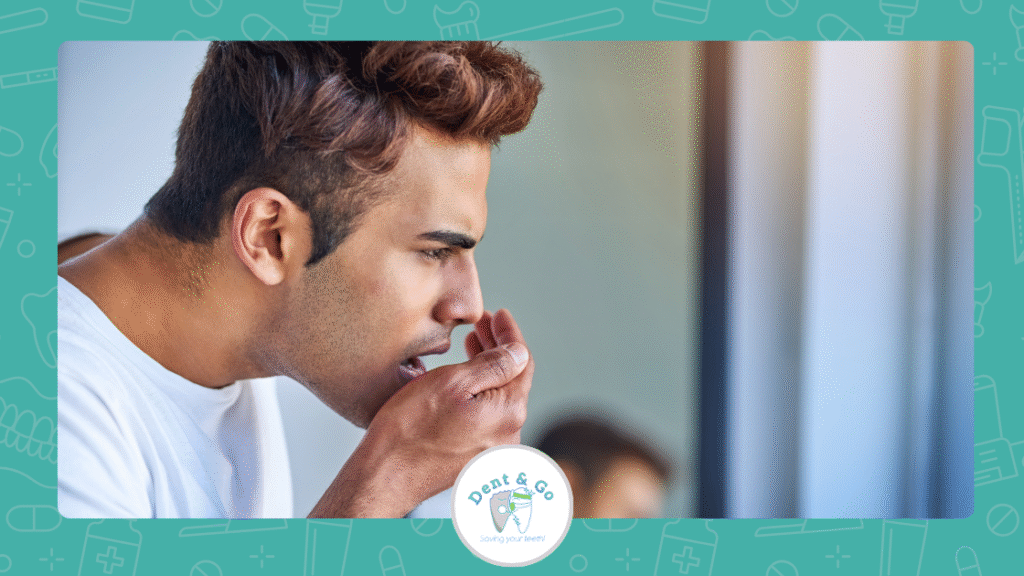Let’s face it: we’ve all caught ourselves breathing through our mouth — whether it’s during an intense workout, a stuffy cold, or while binge-watching Netflix until 2 AM. But if mouth breathing becomes your default, especially during sleep, your smile could be paying the price.
Yes, really. Mouth breathing isn’t just a quirky habit — it can mess with your dental health in serious ways. Here’s what science says, and what you can do about it.
What Causes Mouth Breathing?
Mouth breathing usually starts as a response to something blocking normal nasal airflow. Common causes include:
- Chronic nasal congestion (from allergies, colds, or sinus infections)
- Enlarged tonsils or adenoids
- Deviated septum
- Habitual breathing pattern (especially in children)
- Sleep apnoea or snoring
The Domino Effect: How Mouth Breathing Affects Your Teeth
1. Dry Mouth = Bacterial Playground
Mouth breathing dries out your saliva, and that’s bad news. Saliva helps wash away food particles and bacteria. When your mouth is dry, harmful bacteria thrive — leading to bad breath, plaque build-up, and a higher risk of tooth decay.
2. Gum Inflammation and Gingivitis
Research by Gungor et al. (2013) shows that children who habitually breathe through their mouths have higher rates of gingival inflammation and plaque accumulation than their nasal-breathing peers.
3. Misaligned Teeth and Jaw Issues
In children, persistent mouth breathing can interfere with facial and dental development. According to Harari et al. (2010), it’s linked to long, narrow faces, open bites, and even an increased risk of needing orthodontic treatment later.
4. Sleep and Oral Health Disruptions
If you’re mouth breathing at night, you might be snoring, clenching, or grinding your teeth without realising it. That creates a perfect storm of stress and strain on your jaw, enamel, and overall health.
Signs You’re a Mouth Breather
- Waking up with a dry mouth or bad breath
- Snoring
- Frequent cavities despite good oral hygiene
- Chapped lips or sore throat in the morning
- Visible gum inflammation
What You Can Do About It
1. See a Pro
First things first — find out why you’re mouth breathing. ENT specialists, allergists, and dentists can help identify blockages or habits causing the issue.
2. Train Your Tongue and Jaw
Orofacial myofunctional therapy can help retrain your muscles to breathe through your nose and hold your tongue in the proper position. Yes, it’s a thing — and it works.
3. Humidify Your Sleep Space
A dry room makes things worse. A humidifier adds moisture to the air and helps reduce dry mouth while you sleep.
4. Stay Hydrated and Brush Religiously
Combat dry mouth with regular hydration and proper oral care. Brushing twice daily, flossing, and using a fluoride rinse helps neutralise bacteria.
5. Use the Right Brush
If your gums are already irritated, a soft-bristled, gentle toothbrush is key. Dent & Go’s Eco Biodegradable Charcoal Toothbrush helps fight bacteria while being kind to sensitive mouths — and the planet.
Mouth breathing is more than just an annoying habit — it’s a real threat to your teeth, gums, and overall health. The good news? With awareness, treatment, and the right tools, you can protect your smile and breathe easier (literally).

